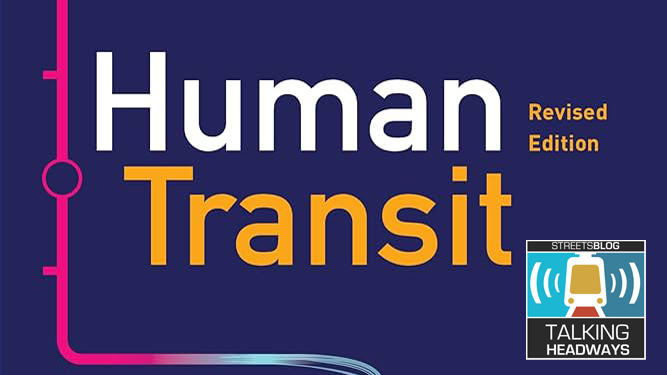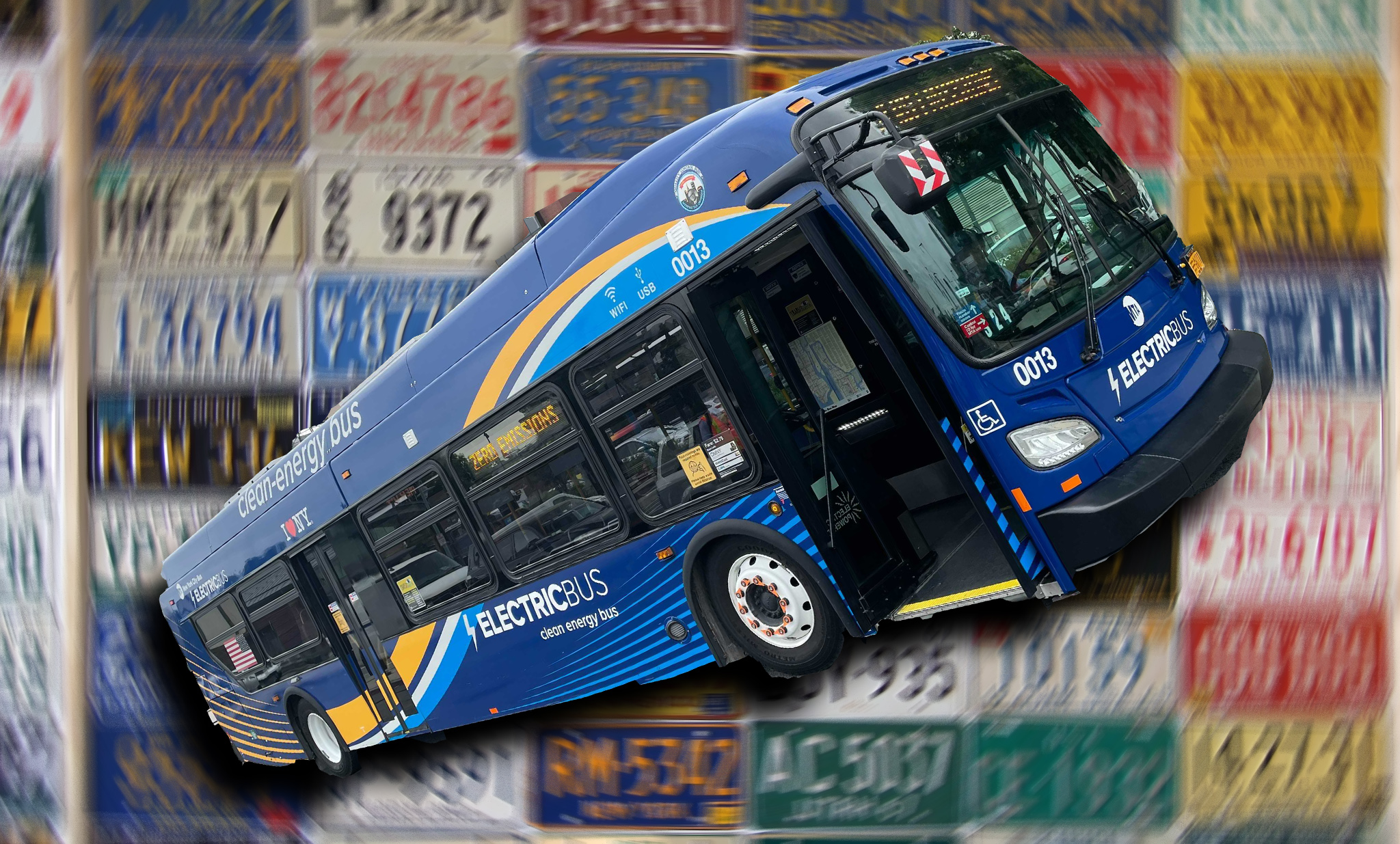Two of the most popular transportation programs in the Obama administration's stimulus law, the $1.5 billion in competitive grants known as TIGER and the $8 billion high-speed rail initiative, had an added feature that made them even more attractive to cities and states: the federal funding awards would not require a local match.
 Amtrak's Empire Builder line currently provides rail service to Milwaukee. (Photo: Nat'l Corridors Initiative)
Amtrak's Empire Builder line currently provides rail service to Milwaukee. (Photo: Nat'l Corridors Initiative)But that arrangement is about to change, as the stimulus era runs its course and the next rounds of high-speed rail and TIGER-style competitive grants are given out by the U.S. DOT.
In Wisconsin, where an advertising war already has started between conservative critics and industry supporters of the state's $822 million bullet-train grant, local media reports that finding a local match for future rail grants could prove a significant stumbling block:
Unlike the first high-speed rail grants Wisconsin received, future federal payouts will require the state put up its own money.
Butthe state already has problems maintaining its roads and should notshell out money from the transportation budget to get federal railgrants, said Wisconsin state Rep. Mark Gottlieb, the WisconsinAssembly’s appointee to the Midwest Interstate Passenger RailCommission.
“Irrespective of the amount of federal money that ison the table right now,” Gottlieb said, “moving forward even fasterwith intercity rail is something I just don’t think we can afford rightnow.”
It remains to be seen whether Wisconsin's resistance to budgeting for a state contribution to high-speed rail -- which is not affecting its enthusiasm for other federal road and transit programs that require a local match -- will become a trend in the coming months. The $600 million in competitive TIGER-style grants that Congress approved last fall will require localities to find matching funds, but the U.S. DOT has yet to formally solicit applications for that funding.
Still, as a growing number of states face budget crises in the wake of the global financial crisis, available funding for all modes of transportation is evaporating. The latest state to feel the pinch is Maryland, where officials have announced plans to delay for two years a $28 million capital contribution to the D.C. area's Metro transit system.




